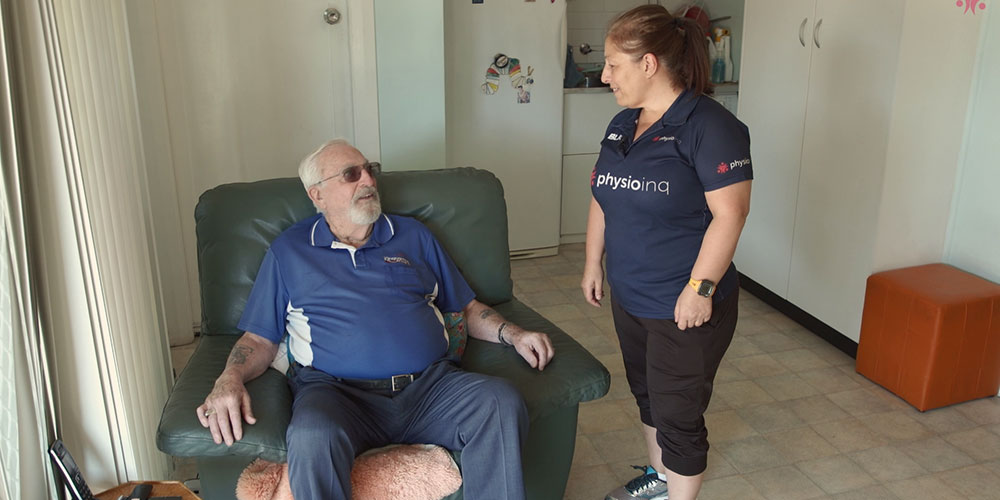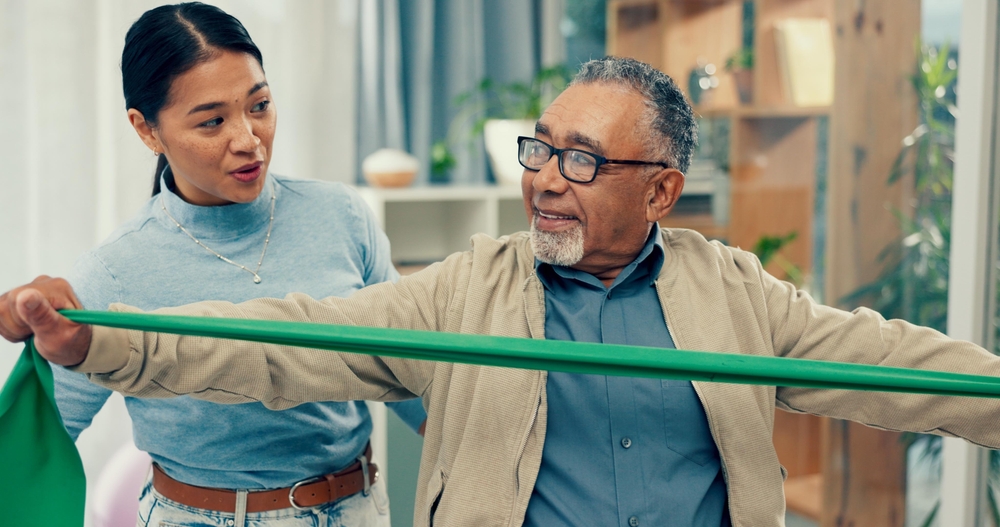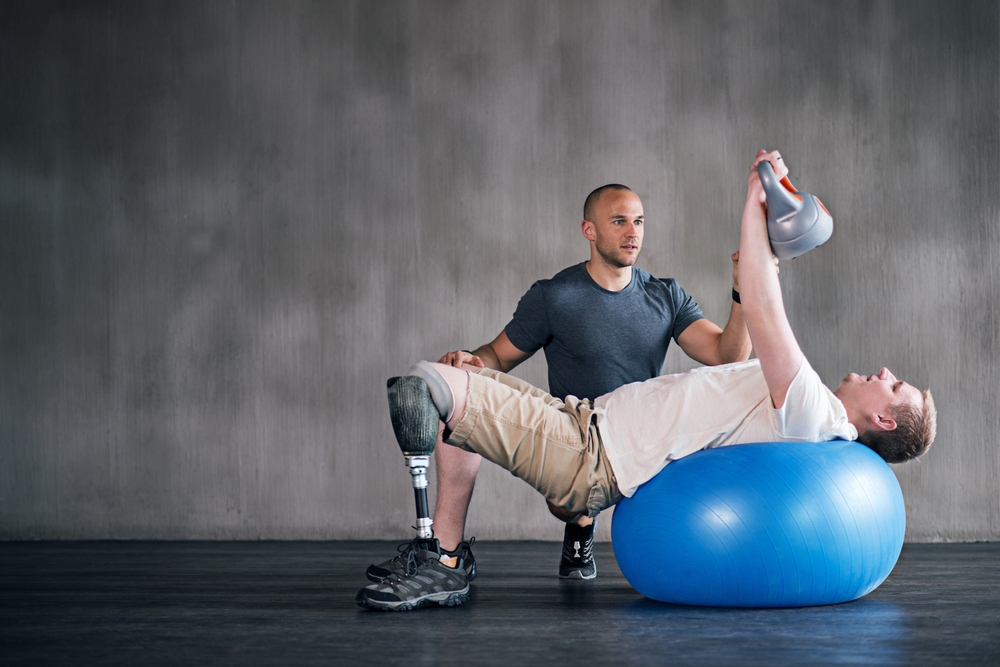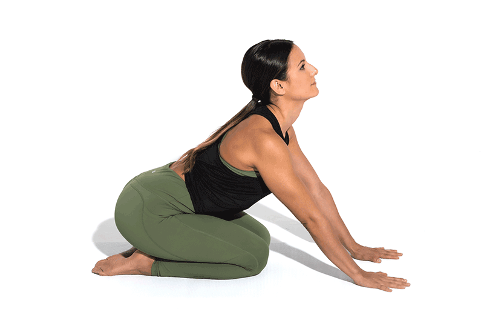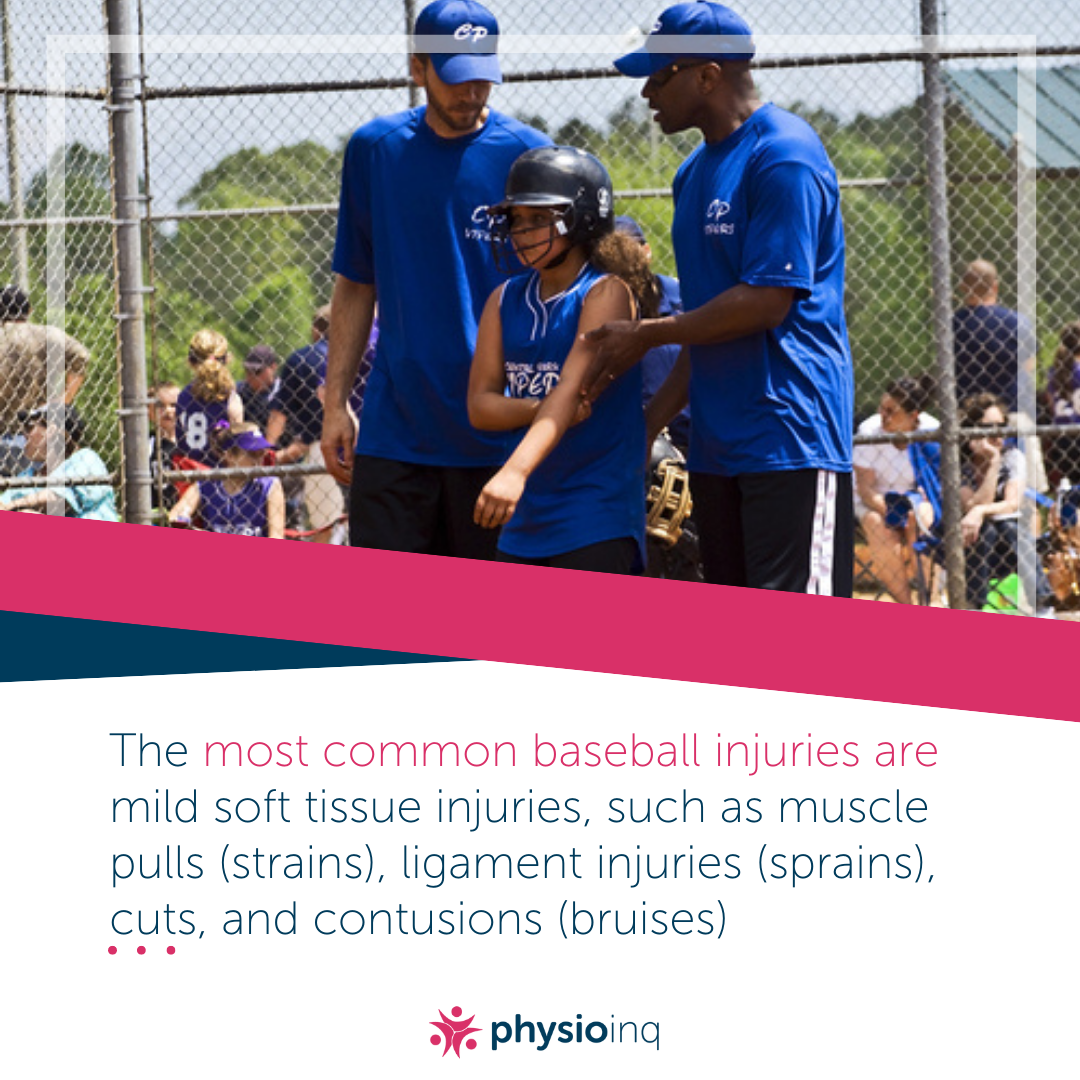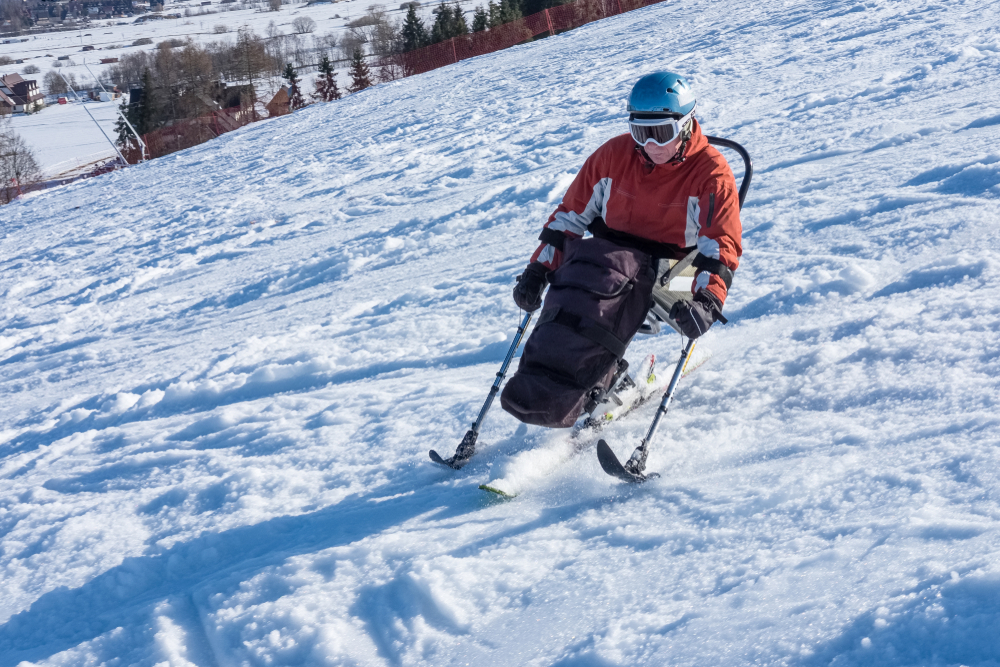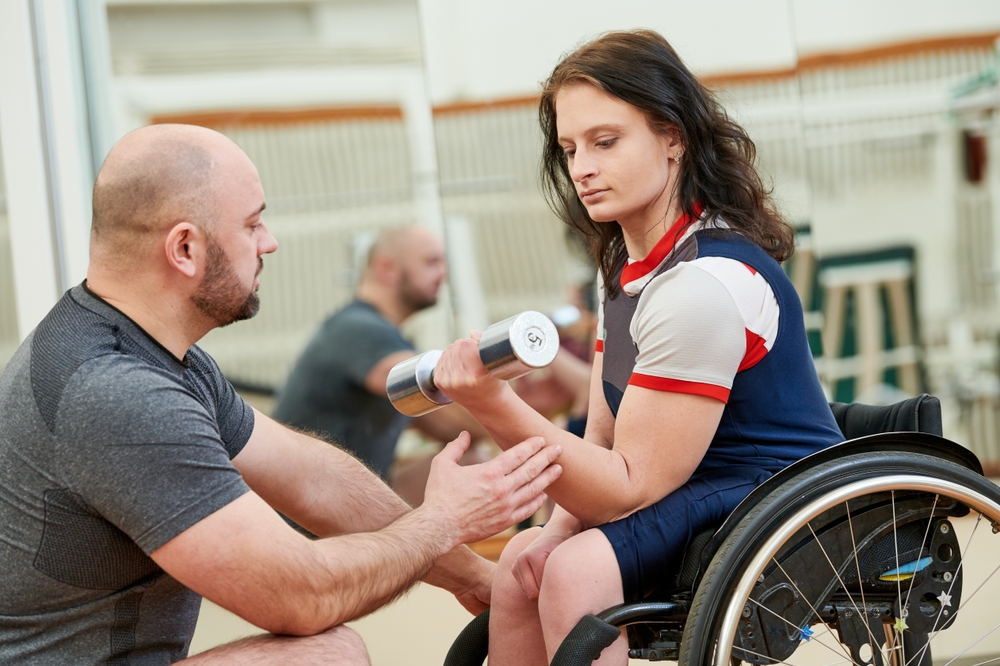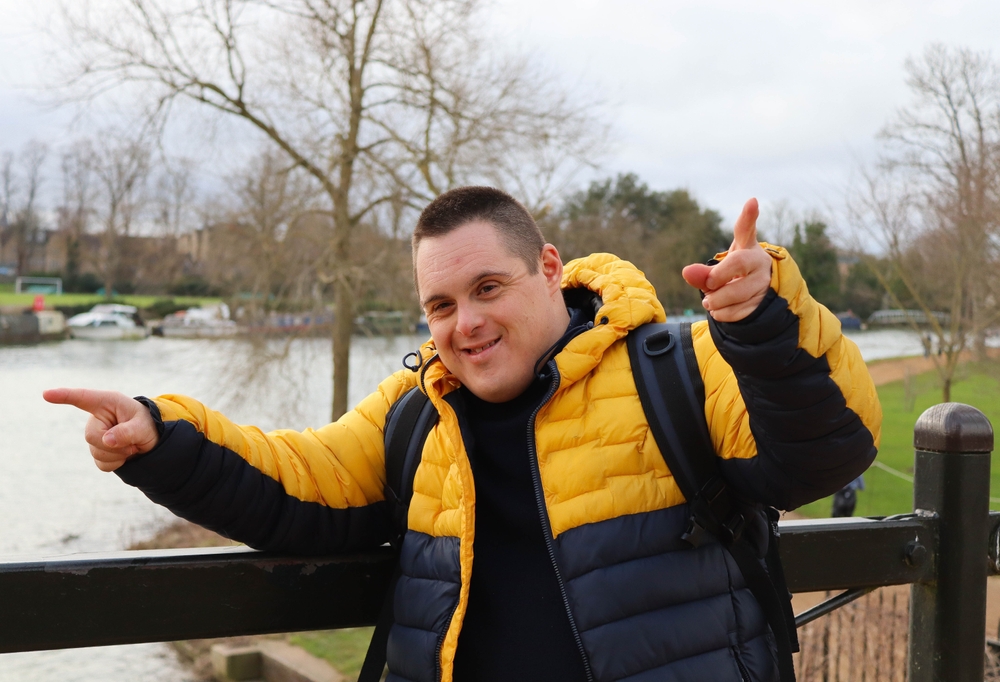Make an Appointment
Scoliosis is a medical condition that affects the curvature of the spine. It can occur in people of all ages, but it is most commonly diagnosed in children and adolescents. Scoliosis can range from mild to severe, and it can cause a variety of symptoms depending on the degree of curvature. In this article, we will explore whether scoliosis is classified as a disability in Australia, what degree of scoliosis qualifies for disability, whether people with scoliosis can access Medicare, and how Physio Inq can support people with scoliosis to improve their quality of life.
Is Scoliosis a Disability in Australia?
The classification of disability in Australia is based on the individual's ability to perform activities of daily living. Disability is defined as a condition that results in a person being unable to perform activities that are essential for their quality of life. Scoliosis itself is not classified as a disability in Australia. However, if scoliosis causes significant impairment in a person's ability to perform activities of daily living, it may be considered a disability. People with scoliosis may also have other medical conditions that are classified as disabilities, such as cerebral palsy, spinal muscular atrophy, or pervasive developmental disorders.
What Degree of Scoliosis Qualifies for Disability?
The degree of scoliosis required to qualify for disability varies depending on the individual's circumstances. Disability eligibility is determined on a case-by-case basis, taking into account the individual's medical history, the degree of scoliosis, and the impact of scoliosis on their ability to perform activities of daily living. People with scoliosis who have a significant impairment in their ability to perform activities of daily living may be eligible for disability support. Long-term conditions such as scoliosis can impact eligibility for disability support, as the condition may worsen over time.
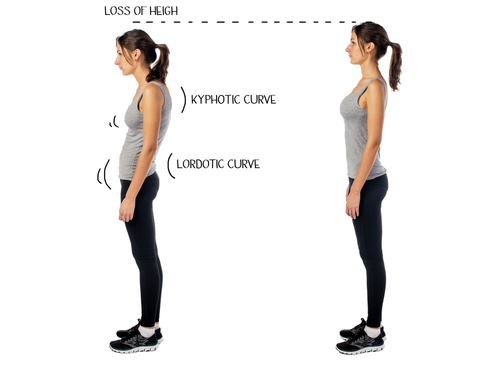
Can You Get Medicare if You Have Scoliosis?
Medicare is Australia's publicly funded health care system. It covers a range of medical treatments and services, including doctor visits, hospital care, and some allied health services. People with scoliosis may require medical treatments and services, such as physiotherapy, orthotics, or surgery, depending on the degree of curvature and the associated symptoms. Medicare can cover some of the costs of these treatments and services, provided they are deemed medically necessary by a doctor. For example, people with scoliosis may be eligible for a Medicare rebate for physiotherapy sessions if they have a referral from a doctor.
Is Scoliosis Covered By NDIS?
Many people with scoliosis wonder if their condition is covered by the National Disability Insurance Scheme (NDIS). The answer is that it depends on the individual's circumstances.
The NDIS provides support to people with permanent and significant disabilities that affect their ability to perform daily activities. This includes people with scoliosis who have a significant functional impairment that is likely to be lifelong. To be eligible for NDIS support, a person with scoliosis would need to undergo an assessment to determine their level of impairment and their need for support. If they are deemed eligible, they may be able to access funding for a range of services, including physiotherapy, exercise physiology, and other allied health services that can help to manage their scoliosis and improve their quality of life.
Is Scoliosis Common in Australia?
Scoliosis is a relatively common medical condition in Australia. It is estimated that between 2% and 3% of the population has some degree of scoliosis.
Scoliosis is more commonly diagnosed in females than males, and it is most frequently diagnosed in adolescence. The degree of scoliosis can vary widely, with some people having mild curvature that does not require treatment, while others may have severe curvature that requires medical intervention. Scoliosis can impact a person's quality of life and ability to perform activities of daily living, particularly if it is left untreated.
What is Considered Severe Scoliosis?
Severe scoliosis is typically defined as a curvature of the spine greater than 40-50 degrees. Severe scoliosis can cause a variety of symptoms, including back pain, difficulty breathing, and poor posture. Severe scoliosis can also impact a person's ability to perform activities of daily living, such as walking, sitting, or standing. Treatment for severe scoliosis may include bracing, surgery, or a combination of both.
How Physio Inq Can Help People with Scoliosis?
In clinic physiotherapy, in home physiotherapy and exercise physiology are two key services that Physio Inq offers to help people with scoliosis.
Physiotherapy can be incredibly beneficial for people with scoliosis, as it focuses on improving movement and function, reducing pain, and enhancing overall quality of life. A physiotherapist can assess a person's posture, range of motion, strength, and flexibility, and develop a customized treatment plan to address any issues they identify. This may include manual therapy, such as massage and joint mobilization, as well as exercises to strengthen and stretch the muscles supporting the spine.
Exercise physiology is another valuable tool for managing scoliosis. An exercise physiologist can design a specific exercise program that targets the muscles supporting the spine, with the goal of improving posture, reducing pain, and preventing further curvature of the spine. They can also help people with scoliosis to improve their overall fitness, which can have a positive impact on their physical and emotional wellbeing.
Together, physiotherapy and exercise physiology can be a powerful combination for managing scoliosis. They can help people with scoliosis to build strength, improve flexibility, reduce pain, and enhance their overall quality of life. By working with a team of skilled physiotherapists and exercise physiologists, people with scoliosis can feel confident and empowered to take control of their health and wellbeing.
Scoliosis can impact a person's quality of life and ability to perform activities of daily living. While scoliosis itself is not classified as a disability in Australia, people with scoliosis who have a significant impairment in their ability to perform activities of daily living may be eligible for disability support. People with scoliosis may also be eligible for Medicare rebates for medical treatments and services, such as physiotherapy. Physio Inq is a team of physiotherapists and allied health professionals across Australia who can provide support to people with scoliosis to improve their quality of life. If you or a loved one has scoliosis, we encourage you to make an appointment or referral with Physio Inq to explore your treatment options and develop a plan to manage your condition.
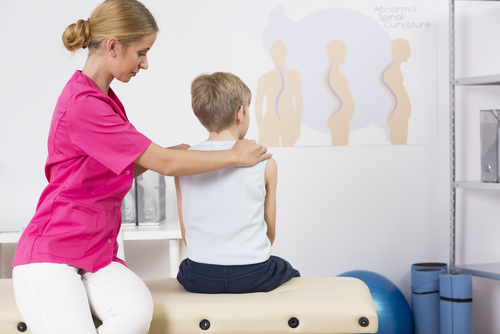
Date Published: Monday, March 6, 2023
Locate a Paediatric Physiotherapy
Service Near me
Get the experience & convinence you deserve to support your or a loved one's allied health needs.
Our Paediatric Physiotherapy team are currently serving & taking appointments in the following states and regions in Australia:
Need to get into direct contact with ur Client Services team? We're all ears. Call our team directly on 1300 731 733



